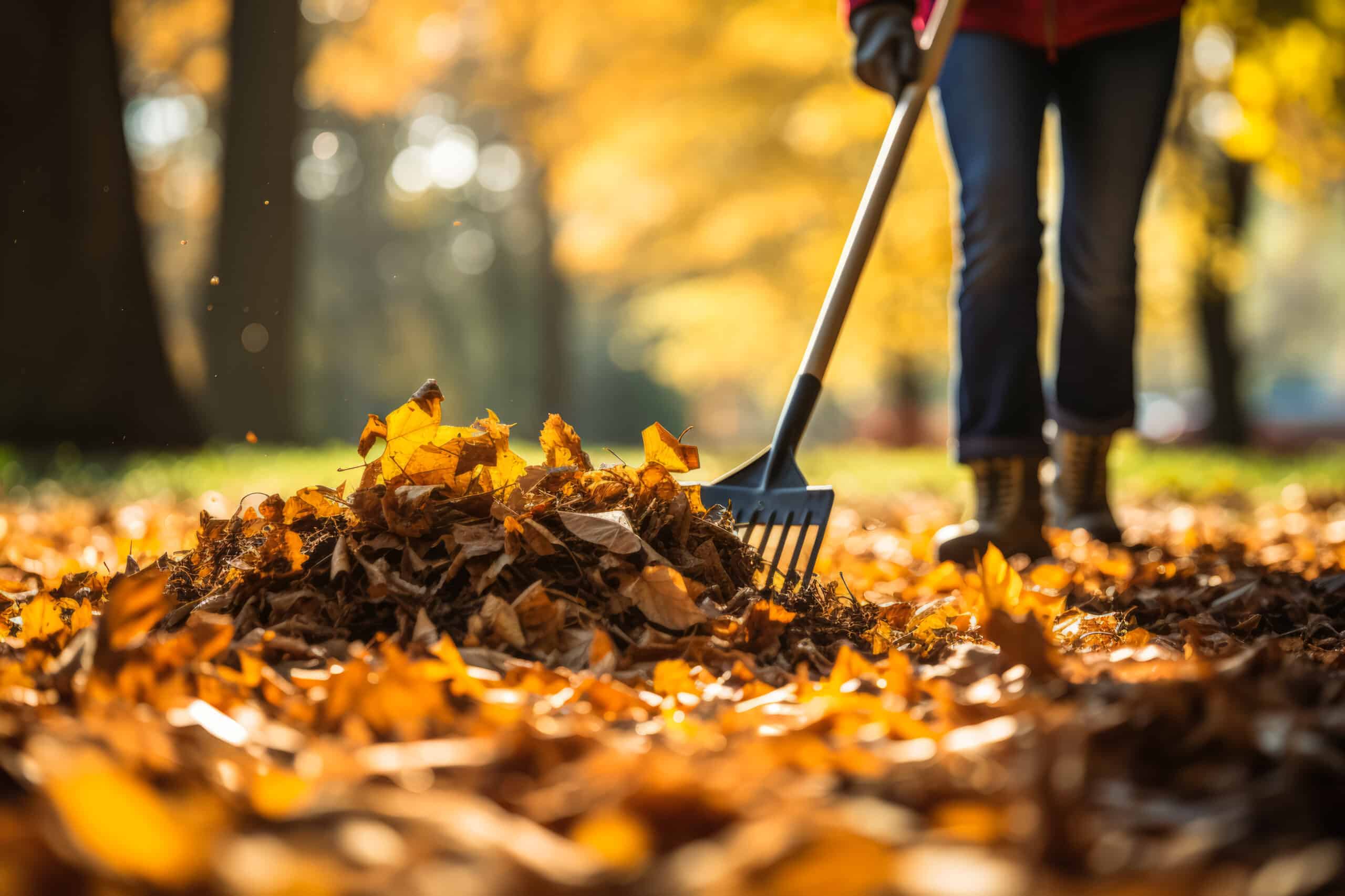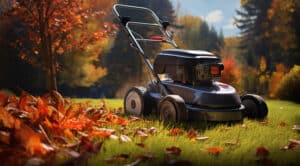Do Leaf Blowers Negatively Impact the Environment?
Key Takeaways
- Gas-powered leaf blowers emit toxic chemicals and contribute to air pollution, posing a threat to air quality and human health.
- Leaf blowers disrupt natural ecosystems by removing leaves that provide soil health and wildlife habitat, leading to reduced fertility and biodiversity.
- Leaf blowers contribute to noise pollution, causing stress and hearing damage. Electric leaf blowers and manual tools like rakes are more sustainable alternatives.
Leaf blowers, especially gas-powered ones, have long been a popular tool for tidying up yards and outdoor spaces. They are efficient at quickly clearing fallen leaves and debris, but what impact do they have on the environment? Are they harmless or do they pose a threat to our ecosystems? In this article, we will delve into the subject and explore the environmental consequences of leaf blowers.
The Harmful Emissions of Gas-Powered Leaf Blowers
Gas-powered leaf blowers are known to emit toxic chemicals and contribute to air pollution. These machines release significant amounts of carbon dioxide, nitrogen oxides, volatile organic compounds (VOCs), benzene, methane, and other pollutants during operation. According to studies, just one hour of leaf blower use can generate pollutants equivalent to what a car would produce on a journey from Los Angeles to Denver.
These emissions not only contribute to greenhouse gas emissions, which worsen climate change, but they also degrade air quality and pose health risks to humans and wildlife. Carbon monoxide, nitrous oxides, and hydrocarbons released by leaf blowers are known to be harmful to human health, particularly to individuals with respiratory conditions.
Disrupting Natural Ecosystems
Another significant environmental impact of leaf blowers is the disruption of natural ecosystems. These machines forcefully remove leaves that play a crucial role in maintaining soil health and providing habitat for various wildlife species.
Leaves that fall to the ground naturally decompose and enrich the soil with essential nutrients. By blowing away these leaves, leaf blowers deprive the soil of this valuable organic matter, leading to reduced soil fertility and increased dependence on chemical fertilizers.
Furthermore, the removal of leaves disturbs wildlife habitats. Many small animals, insects, and birds rely on fallen leaves as shelter and nesting material. When leaf blowers remove this natural habitat, it disrupts the delicate balance of ecosystems and can have long-term consequences for biodiversity.
Noise Pollution and Alternative Solutions
Aside from the environmental implications, leaf blowers also contribute to noise pollution. The loud noise generated by these machines can be disruptive to both humans and wildlife, causing stress and even hearing damage.
Given the negative environmental impacts of gas-powered leaf blowers, it is important to consider more sustainable alternatives. Electric leaf blowers, while still emitting some pollutants, produce significantly fewer emissions compared to their gas-powered counterparts. Manual tools such as rakes provide a completely emission-free alternative for removing leaves and debris. In fact, some cities have implemented regulations or bans on leaf blower usage to mitigate their environmental impact.
Conclusion
There is no denying that leaf blowers, particularly gas-powered ones, have a negative impact on the environment. Their emissions contribute to air pollution, disrupt natural ecosystems, and generate noise pollution. While they may offer convenience in leaf removal, it is crucial to consider the long-term consequences and explore more sustainable alternatives. By opting for electric leaf blowers or manual tools like rakes, we can reduce our carbon footprint and protect our ecosystems.
Related Websites:
FAQs:
Q: Do leaf blowers negatively impact the environment?
Yes, leaf blowers can have negative impacts on the environment. They contribute to noise pollution, air pollution, and can disperse dust and debris, which can harm respiratory health.
Q: How do leaf blowers work?
Leaf blowers are devices that blow air at high speeds to move leaves and debris. There are different types of leaf blowers, including gas-powered, electric, and battery-powered, each with its own way of functioning.
Q: What environmental concerns are related to leaf blowers?
Leaf blowers contribute to noise pollution, as they can generate high noise levels. Gas-powered leaf blowers also emit pollutants that contribute to air pollution. Additionally, leaf blowers blow dust and debris into the air, which can potentially cause respiratory issues.
Q: Do leaf blowers have potential effects on wildlife and ecosystems?
Yes, leaf blowers can disrupt natural habitats, especially in urban areas. They can harm small animals, birds, and insects by displacing their habitats or causing injury. The strong air currents produced by leaf blowers can also impact vegetation and contribute to soil erosion.
Q: What are the regulations and alternatives for leaf blowers?
There are existing regulations and restrictions on leaf blower usage in certain areas to mitigate their negative impacts. Alternatives to leaf blowers include manual methods like raking or using electric or battery-powered blowers. If using gas-powered blowers, it is important to choose low-emission models.






